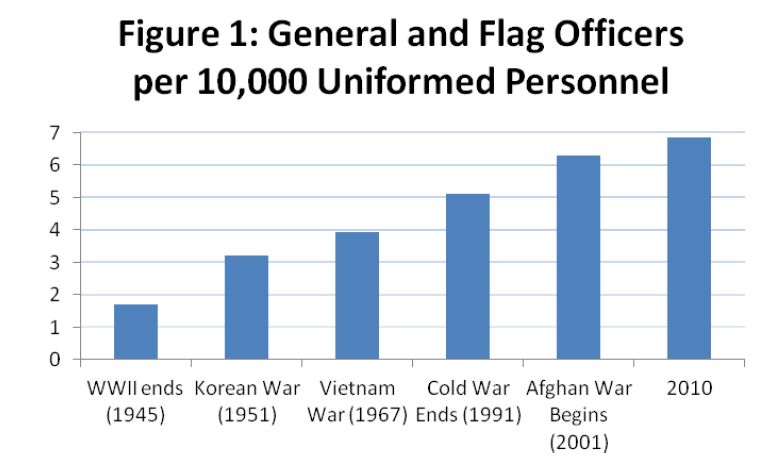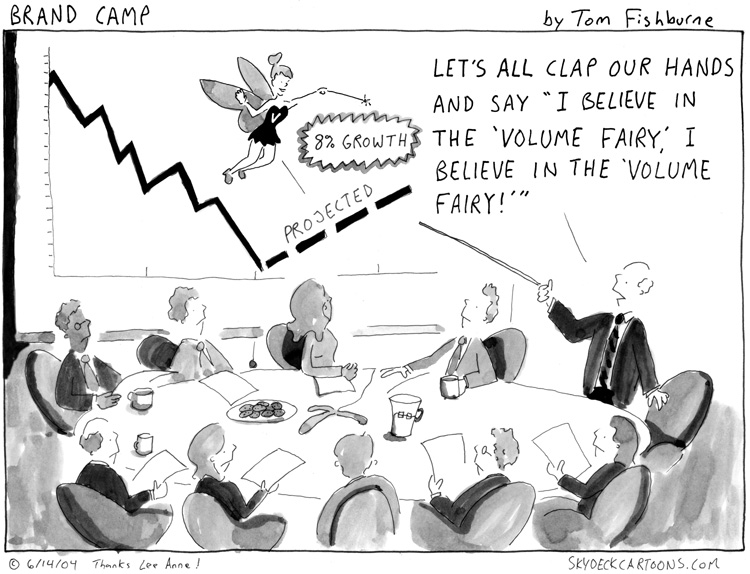The highest paid workers in Silicon Valley are not software engineers … but “project managers”.
Reading this, it reminded me of my own experience, as well as something my dad told me decades ago: “Keep in mind that the people doing the productive work pay for all those supportive jobs.”. Including the bakers, the medical, schools, trainers, … Not talking about all those “managers” that nowadays make a living by explaining how to do things differently.

Growing up with American military, there was a saying that you can’t have more chiefs than Indians. In fact, it’s a clear pyramid with given salary schemes where the general earns more than the private, but in a reasonable amount. At the same time, there were only about four generals and flag officers for each 10,000 uniformed personnel*. Today it’s seven. And they soon have more “admirals” than ships…
 Looking at current structures in the industry, we have too many Chiefs and too little Indians. In fact, I know companies (i.e. consulting) having 10 Chiefs on a single Indian or less. Mostly secretaries, IT support and cleaning staff, often enough outsourced. And we pay the Indians badly and feed the Chiefs. Some figures in Germany make me afraid. In the last years, the numbers of people living of social security despite having a job increased year over year. Yes, they have work. But not enough to live from, they need state support to survive!
Looking at current structures in the industry, we have too many Chiefs and too little Indians. In fact, I know companies (i.e. consulting) having 10 Chiefs on a single Indian or less. Mostly secretaries, IT support and cleaning staff, often enough outsourced. And we pay the Indians badly and feed the Chiefs. Some figures in Germany make me afraid. In the last years, the numbers of people living of social security despite having a job increased year over year. Yes, they have work. But not enough to live from, they need state support to survive!
The number of retirees needing a side job to survive grew the past years from 15 to 35 percent. That means that one out of three can’t survive of the retirement plan they paid into most of their life?
German Wirtschaftswoche (“Commercial Week”) magazine reported 2015 that top managers make 54 times the salary of an average employee. This is the average. At Volkswagen they made 170 times the salary of their workers, Adidas 100 times. In the U.S., they make in average 273 times the salary of their workers the German Zeit (“time) magazine reported. 30 years ago, top managers made approx. five times that of the average employee. This is about paid managers. It’s a different issue on the owners of the company, but even those usually made about the same income as their top managers and invested the revenue into the company, their employees and reserves. When there was a “crisis”, they had reserves to dig into. Where today the managers fire their workers (same time often increasing their own “salaries”).
“Human Resources”?
 At the same time these highly paid managers reduced their personal risk in case of failure by insurances and contractual clauses. But imply that their mega-salaries are because of all the responsibility they have for the company and its employee and their well-being. Whereas the net income of their workers have in reality dropped many years as a result of inflation, tax and social security increases, etc. And not to forget by making “Leiharbeit”, subcontracting labor. That way, the history of working for a company throughout your lifetime became a myth, companies, no, not faceless companies, but company managers are no longer loyal to their workers. And not paying subcontracted labor a surplus for the job risk but paying them mostly even less than their own.
At the same time these highly paid managers reduced their personal risk in case of failure by insurances and contractual clauses. But imply that their mega-salaries are because of all the responsibility they have for the company and its employee and their well-being. Whereas the net income of their workers have in reality dropped many years as a result of inflation, tax and social security increases, etc. And not to forget by making “Leiharbeit”, subcontracting labor. That way, the history of working for a company throughout your lifetime became a myth, companies, no, not faceless companies, but company managers are no longer loyal to their workers. And not paying subcontracted labor a surplus for the job risk but paying them mostly even less than their own.

 Another issue on salaries is “variables”. I truly believe a fair base salary and a fair results scheme are motivating. Unfortunately – and I hear that from a lot of friends – the “targets” set are unrealistic. Such you can rarely rely on them. The manager’s goal not being motivation, but cost savings, is also counter productive. Aside, it’s simple greed and also just aside, that’s a mortal sin.
Another issue on salaries is “variables”. I truly believe a fair base salary and a fair results scheme are motivating. Unfortunately – and I hear that from a lot of friends – the “targets” set are unrealistic. Such you can rarely rely on them. The manager’s goal not being motivation, but cost savings, is also counter productive. Aside, it’s simple greed and also just aside, that’s a mortal sin.
Food for Thought
Comments welcome!
![“Our Heads Are Round so our Thoughts Can Change Direction” [Francis Picabia]](https://foodforthought.barthel.eu/wp-content/uploads/2021/10/Picabia-Francis-Round-Heads.jpg)